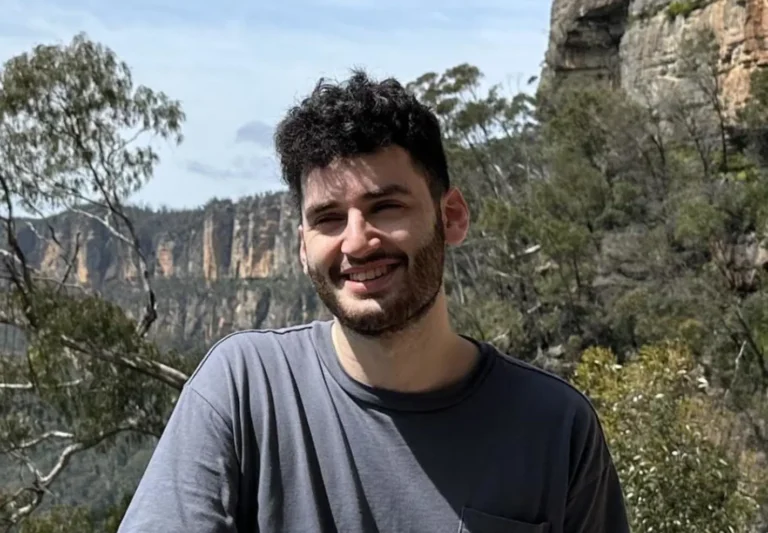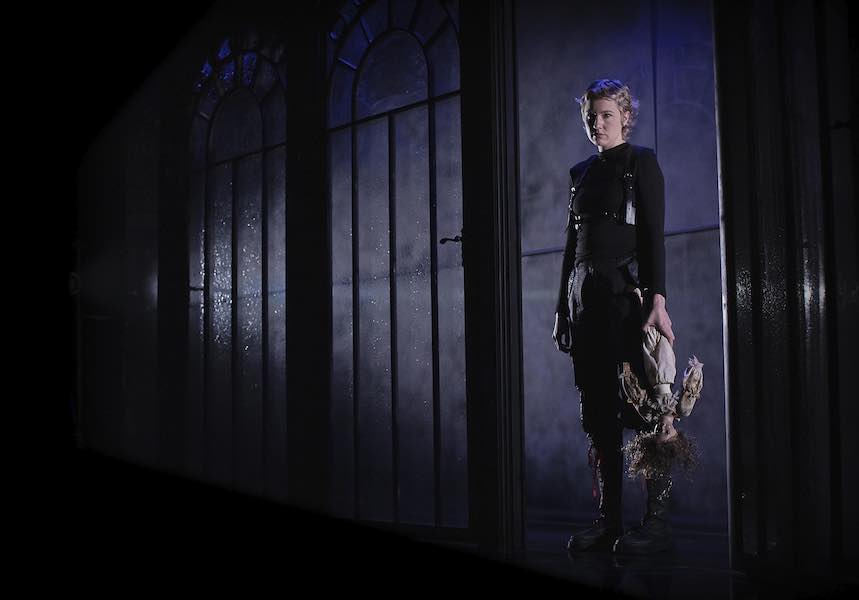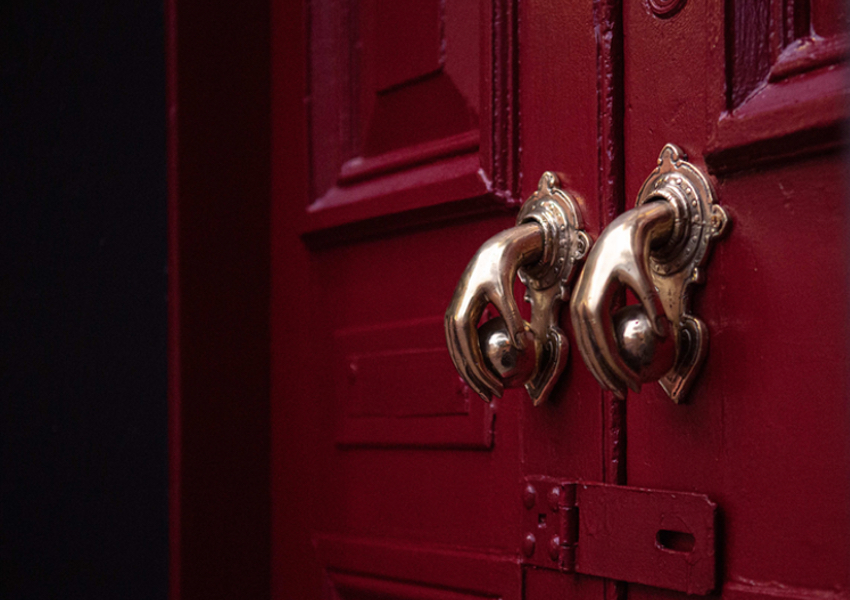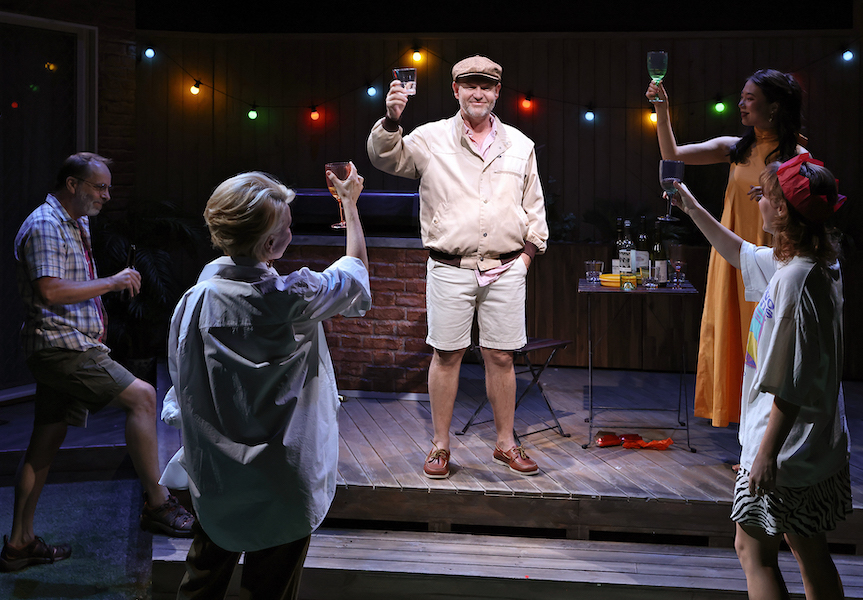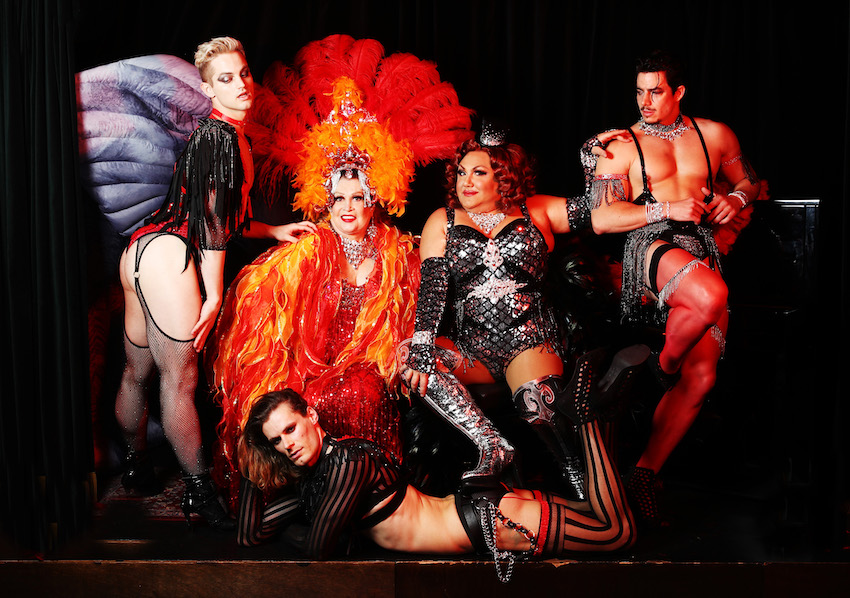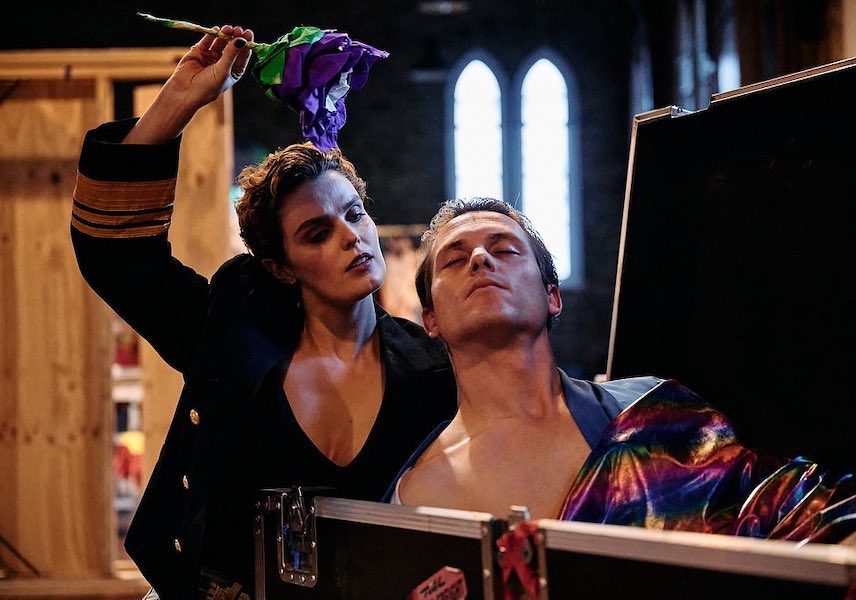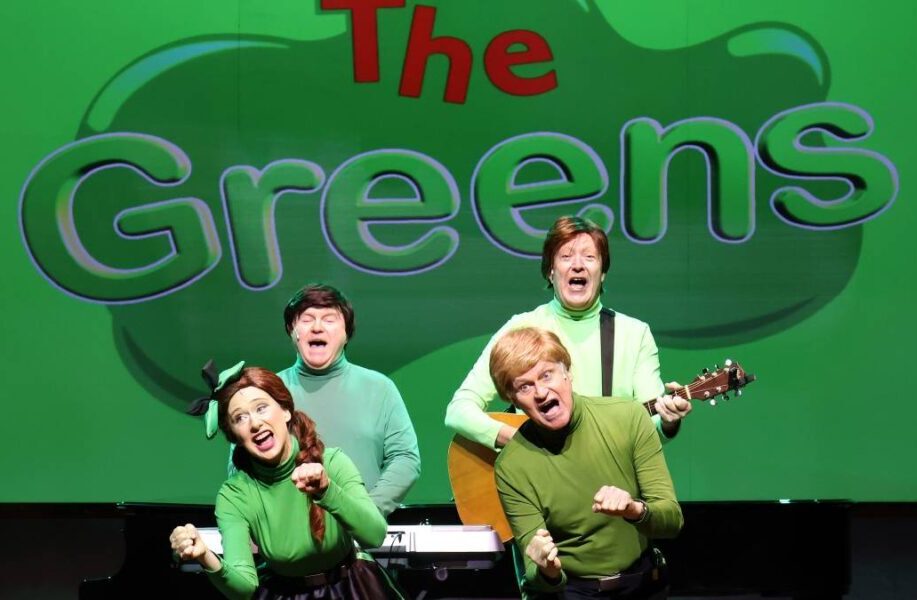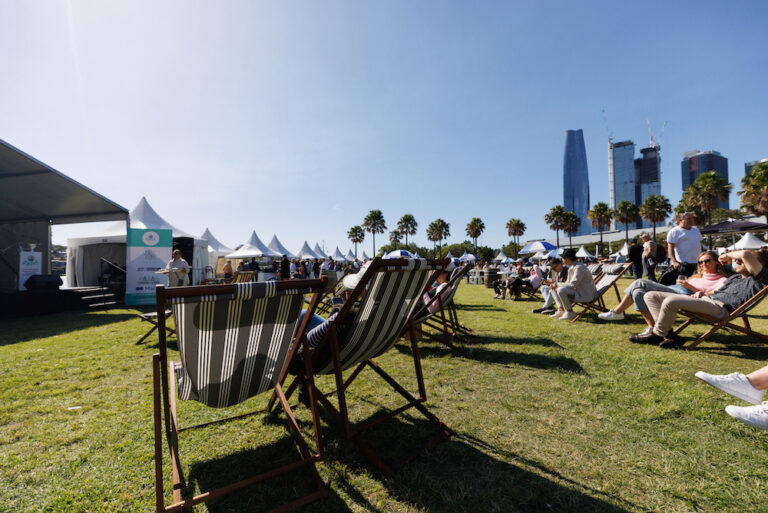
“I was interested in looking at that love/hate relationship we have with people who are often just giving a long leash to masturbatory fantasies,” says Simon Stone, the director and adaptor (along with Tom Wright) of Bertolt Brecht’s bleak 1918 portrait of a tortured young poet and misanthrope, Baal. It is telling that in Christian mythology Baal was one of the seven princes of Hell. Throughout the course of the play he womanises, murders, debauches and interminably rails against the bourgeois society in which he is steeped. “Ultimately the role of the artists is to question the assumptions of the status quo – if we don’t do that then society will stagnate,” continues Stone. “But to what extent does that become a credo in and of itself?”
Stone’s Baal is transplanted from a Weimar Germany that eventually lapsed into Nazism and other brutal forms of modernity to the here-and-now, a move that mimics his earlier adaptions of Ibsen’s The Wild Duck and The Only Child (both at Belvoir, where Stone is now Resident Director). This way there is no escaping the message: “When I watch plays in period, there’s an unnecessary sense of escapism. Baal plays to his own world. There’s no kind of aesthetic distancing in terms of time.”
In fact it appears there is no escaping of any kind, with reviews of the Melbourne Malthouse staging of this production citing its Lucian Freud-esque plethora of nude bodies, its egotistic overtures more Charles Manson than Jim Morrison. Brecht’s icily austere writing combines with the nihilism of an anti-hero’s bitter swan-song – not one for those after a warm and fuzzy night out.
“As audiences people often feel they are in a hermetic room that represents life as it should be. Quite often there has been the question, why would you make a show about someone so fundamentally unlikeable? But if you put that kind of behaviour on stage, and you see the societal aspect of it – then you think why would anyone fall for it?”
“Baal does represent that short attention-, pleasure-, satisfaction-instinct. He is tired of an experience once he has experienced for the first time. It makes sense he dies young. He goes through all his experiences like a bushfire. It’s not sustainable.” Stone sees that now, although as a young artist himself when he first picked up Baal, he was struck by the, “extraordinary solidarity,” he felt with Brecht, “a middle class boy exploring the boundaries of morality and taste.”
Returning to it years later, Stone instead saw the unpleasant flip-side of the cult of fandom. “I wanted to look more deeply into why these things become so popular in popular discourse. Why rich white kids questioning societal restraint becomes so alluring …” With Baal, we might find out.
May 7-Jun 11, Wharf 1, Sydney Theatre Company, Pier 4 Hickson Road, Walsh Bay, $30-77, 9250 1777, sydneytheatre.com.au

